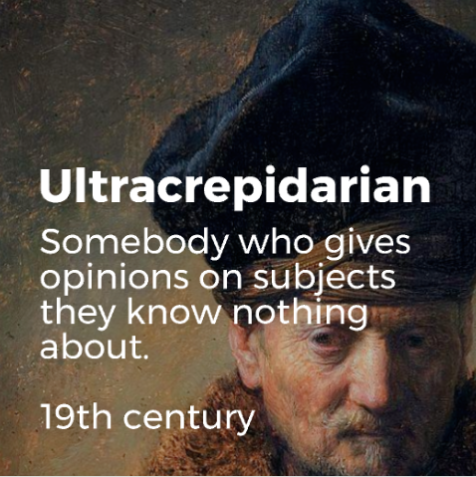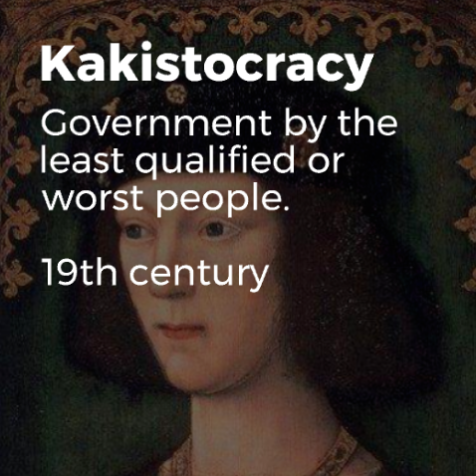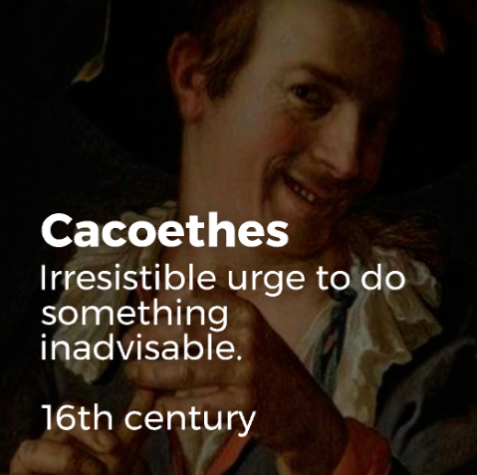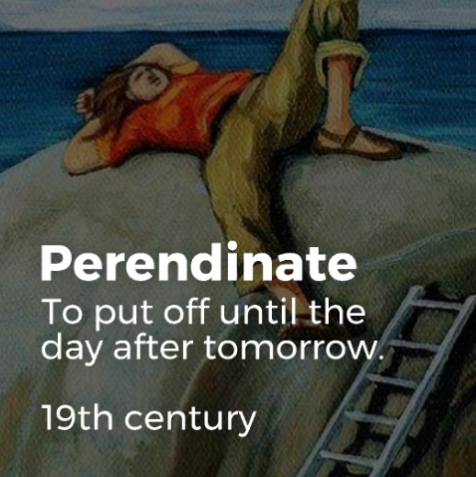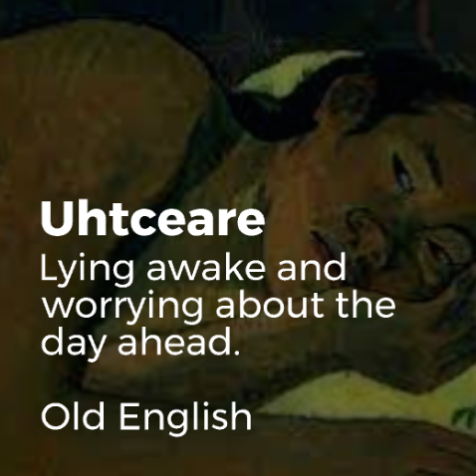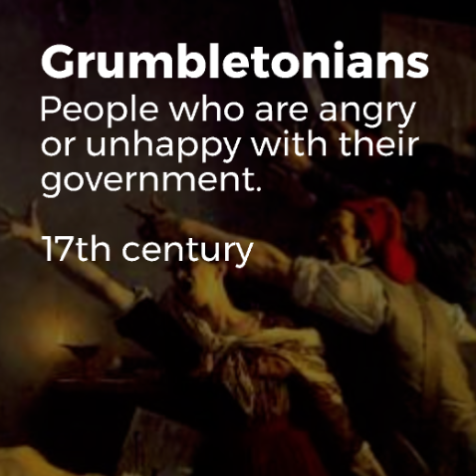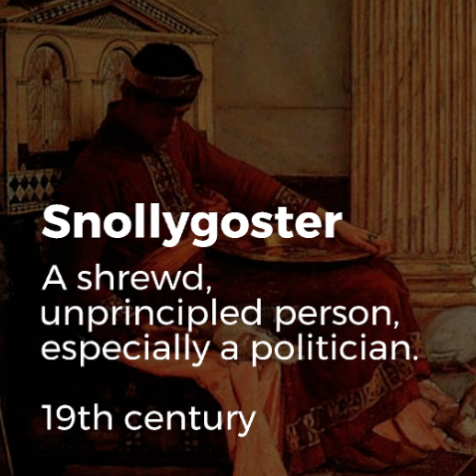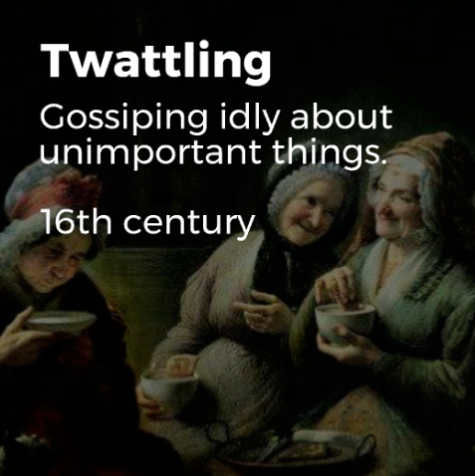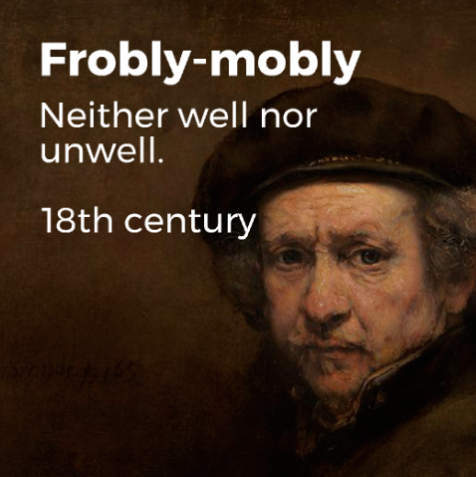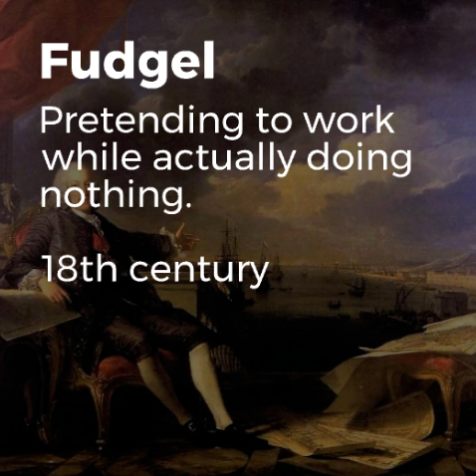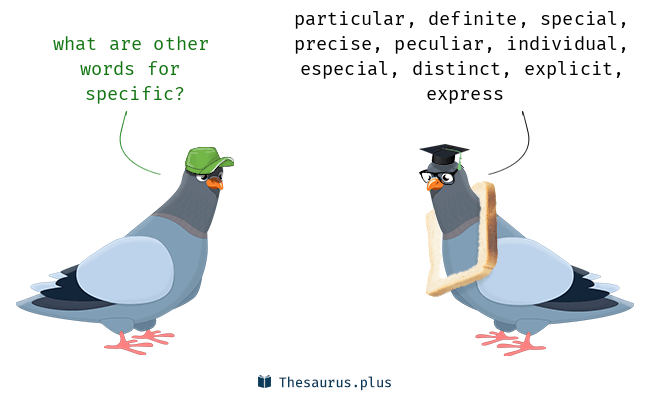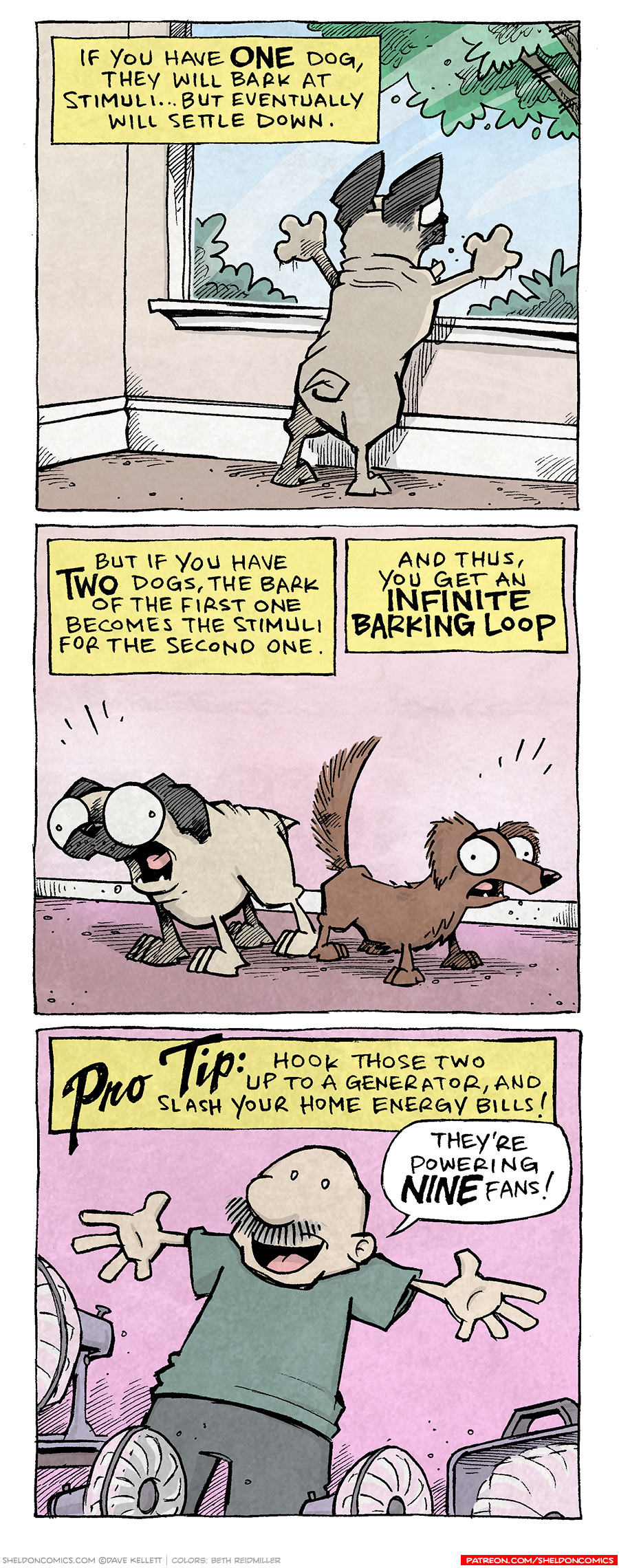Every tabletop game starts somewhere. Once the box is opened, the pieces distributed, and the board set up, all that’s left is figuring out who goes first.
There are a few traditional ways to sort this out. Sometimes, the oldest person at the table goes first, showing the younger players how to proceed. Sometimes, the youngest player goes first, getting a chance to dive right in. Sometimes, a simple roll of the dice or a few rounds of rock-paper-scissors determines who goes first.
But there are plenty of board games that have their own idea of how to start.
So please join me on a deep dive into the many, many, MANY ways you can choose who goes first in a board game!
Birthdays are a frequent topic when it comes to choosing the first player.
It can be whose birthday is closest to a given date, like in Duck Dealer, where the player born closest to November 24, 1967 begins, or in Agatha Christie: Death on the Cards, where the player whose birthday is closest to Agatha Christie’s begins.
Closest to The Year of the Rat (Fruits Basket: Friends of the Zodiac), February 12th (Killer Bunnies and the Quest for the Magic Carrot), or the next equinox (Equinox) all come to mind. In The Stars Are Right, it’s the player whose birthday is next, while in the card game Quixx, it’s the player whose birthday is furthest from the day you play.
Many games determine who goes first by physical characteristics.
In Takenoko, it’s the tallest player. In Guillotine, the player with the longest neck. In Titus Tentacle, the longest arms. In Small World, the person whose ears are most pointed. In Pyramix, the person with the most triangular nose.
The longest hair, the largest shoes, the hairiest, the smallest, the huskiest voice… these are all on the table.
In the cat-themed Hot Tin Roof, it’s the player with the longest whiskers. And if there’s a tie, it’s the person whose breath smells the most like fish. (That one might cause a fight, honestly.)
Other games rely on something more conditional, something that could change from game session to game session.
Who is the hungriest or thirstiest, when the game’s gimmick centers around food. In Roll to the South Pole, it’s whomever has the coldest nose. In Snowblind: Race for the Pole, it’s the player with the coldest hands begins. In the Rick and Morty: The Ricks Must Be Crazy Multiverse Game, the player with the lowest cellphone battery begins.
Or it’s based on the last time you did something related to the game.
In Sheepland, it’s the player who most recently caressed a sheep. Yes, they use the word “caress” specifically. In Steam Works, it’s the player who most recently built something.
In The Lady and the Tiger, it’s the person who last opened a door. In Golems, it’s the last player who built a snowman. In Flip City, it’s the last player to have flipped a table. (So the person who most recently played Monopoly, I’d bet.)
Who last went hiking, or helped someone, or last petted an animal. Who last visited a museum, watered a plant, read a book, fed a duck, dug a hole, made tea, drank tea, rode a train. Who most recently experienced deja vu, who woke up earliest, who woke up latest. (Each one of these examples showed up multiple times in my research!)
A lot of them involve choices or actions, but some games use a starting criteria that’s out of your control.
In ALIEN: Fate of the Nostromo, it’s the player who most recently had a cat hiss at them. In Let’s Make a Bus Route, it’s the player who recently spent the longest time as a bus passenger.
Were you the person who most recently saw a firefly (Smile), or a full moon (Catch the Moon), or a shooting star (Astra)? Maybe you were the person most recently burnt by the Sun (Solar Storm).
In Copper Country, the player with the oldest penny begins. In Good Cop Bad Cop, the player who was most recently shot (!) begins. (Apparently, it can be in a game or real life.)
A lot of board games have location-specific starting hooks. Often it’s which player has been to the game’s setting most recently.
(At least in Merkator, if you haven’t been to Hamburg, it can instead be the player who most recently ate a hamburger.)
This is especially common with water-based settings. Who lives closest to water (Le Havre), who was most recently on an island (Forbidden Island), or has been deepest in the sea (Nautilus). Builders of R’lyeh gets very specific about this, asking for the player who has been the closest to 47°9′S 126°43′W / 47.15°S 126.717°W in the southern Pacific Ocean.
In Iceberg, it’s the player who most recently was at the South Pole is the start player. (If none was there, the player who got closest starts.) Contrary to Iceberg, in Nanuk, the starting player in this game is whoever has been the furthest north!
Were you the last person to stand on a balcony (Council of Verona) or the last person to travel to a place with less than 100 inhabitants (Boonlake)? That one sounds exotic, until you remember traveling to your home, which hopefully has fewer than 100 inhabitants.
In a nice reversal of this trope, the game Coney Island states that the player who has NOT been to an amusement park for the longest period of time begins.
As you can plainly see, fellow tabletopper, these starting criteria can get very specific. How specific? Well, check out some of these Who Starts prompts:
- The Voting Game: The player who most recently called their mother begins.
- Tawantinsuyu: The Inca Empire: The last player to harvest a vegetable begins.
- Valentine’s Day: The last player to have been pricked by a thorn begins.
- Mech A Dream: The player who has most recently dreamt of robots begins.
- Wakanda: The player who last uttered a war cry begins.
These last two deserve their own spotlight for different reasons.
In Tales & Games: The Pied Piper, the player who last saw rats in a bathtub begins. We’ve all been there, amirite?
In Cascadia, the player who most recently saw a bear, elk, salmon, hawk or fox begins. (I love how many options Cascadia allows for!)
Of course, hardcore board game fans know the rules of their favorite games. With some games and their Who Starts rules, this means a devious host might be able to rig who goes first in their favor.
In Railroad Dice, the player who owns the most railroad games begins. Unless you’re in a model train club, odds are the same person will start every time here.
Sucking Vacuum is among the games where the player who owns the game begins. I can see this being a groanworthy moment when trying to decide what game to play, and someone keeps pushing for the game where THEY get to start, heh.
A little bit of foreknowledge comes in handy with these games as well:
- Antics!: The player who has carried the heaviest item today (stomachs do not count) begins.
- Dragon Farkle: The player who brought the most snacks begins.
- Legacy: Gears of Time: The player whose watch is currently set the furthest back in time begins.
- Step to it: The player with the most colorful socks begins.
- TacTile: The player with the most colors on their shirt begins.
- Welcome to Sysifus Corp: The player with the lowest amount of unread emails begins.
- Plague Inc.: The player who washed their hands most recently begins.
- The Nacho Incident: The player who has the most interesting thing in their pocket begins.
At least with Dragon Farkle‘s rules, you’re guaranteed snacks!
I’d originally intended for this to be a one-post topic, but the field was so overloaded with noteworthy examples that I’ll be continuing this topic both tomorrow AND Thursday, so be sure to come back for more board game-specific fun later this week!
Do you have any favorite Who Starts rules for board games? Let us know in the comments section below! We’d love to hear from you.
Many of the magicians who appear on Penn & Teller’s “Fool Us” perform tricks that are similar to others we’ve seen for years. But every once in a while, someone does something which takes the art to a new level.
The most recent of those is Laurent Piron…
Last night I had a very strange experience: About two thirds of the way through reading a Web page about myself, Tim Bray, I succumbed to boredom and killed the tab. Thus my introduction to Grokipedia. Here are early impressions.
On Bray
My Grokipedia entry has over seven thousand words, compared to a mere 1,300 in my Wikipedia article. It’s pretty clear how it was generated; an LLM, trained on who-knows-what but definitely including that Wikipedia article and this blog, was told to go nuts.
Speaking as a leading but highly biased expert on the subject of T. Bray, here are the key take-aways:
(Overly) complete
It covers all the territory; there is no phase of my life’s activity that could possibly be encountered in combing the Web that is not exhaustively covered. In theory this should be good but in fact, who cares about the details of what I worked on at Sun Microsystems between 2004 and 2010? I suppose I should but, like I said, I couldn’t force myself to plod all the way through it.
Wrong
Every paragraph contains significant errors. Sometimes the text is explicitly self-contradictory on the face of it, sometimes the mistakes are subtle enough that only I would spot them.
Style
The writing has that LLM view-from-nowhere flat-affect semi-academic flavor. I don’t like it but the evidence suggests that some people do?
References
All the references are just URLs and at least some of them entirely fail to support the text. Here’s an example. In discussion of my expert-witness work for the FTC in their litigation against Meta concerning its acquisitions of Instagram and WhatsApp, Grokipedia says:
[Bray] opined that users' perceptions of response times in online services critically influence market dynamics.
It cites Federal Trade Commission’s Reply to Meta Platforms, Inc.’s Response to Federal Trade Commission’s Counterstatement of Material Facts (warning: 2,857-page PDF). Okay, that was one of the things I argued, but the 425 pages of court documents that I filed, and the references to my reporting in the monster document, make it clear that it was one tiny subset of the main argument.
Anyhow, I (so that you won’t have to) spent a solid fifteen minutes spelunking back and forth through that FTC doc, looking for strings like “response time” and “latency” and so on. Maybe somewhere in those pages there’s support for the claim quoted above, but I couldn’t find it.
Useful?
Wikipedia, in my mind, has two main purposes: A quick visit to find out the basics about some city or person or plant or whatever, or a deep-dive to find out what we really know about genetic linkages to autism or Bach’s relationship with Frederick the Great or whatever.
At the moment, Grokipedia doesn’t really serve either purpose very well. But, after all, this is release 0.1, maybe we should give it a chance.
Or, maybe not.
Woke/Anti-Woke
The whole point, one gathers, is to provide an antidote to Wikipedia’s alleged woke bias. So I dug into that. Let’s consider three examples of what I found. First, from that same paragraph about the FTC opinion quoted above:
While Bray and aligned progressives contend that such dominance stifles innovation by enabling predatory acquisitions and reduced rivalry—evidenced by fewer startup exits in concentrated sectors—counterarguments highlight that Big Tech's scale has fueled empirical gains, with these firms investing over $240 billion in U.S. R&D in 2024 (more than a quarter of national totals) and driving AI, cloud, and patent surges.[128] [131] Six tech industries alone accounted for over one-third of U.S. GDP growth from 2012–2021, comprising about 9% of the economy and sustaining 9.3 million jobs amid falling consumer prices and rapid technological diffusion. [132] [133] Right-leaning economists often defend consumer welfare metrics and market self-correction, warning that forced divestitures risk eroding the efficiencies and investment incentives that have propelled sector productivity above 6% annual growth in key areas like durable manufacturing tech. [134] [135]
I’ve linked the numbered citations to the indicated URLs. Maybe visit one or two of them and see what you think? Four are to articles arguing, basically, that monopolies must be OK because the companies accused of it are growing really fast and driving the economy. They seem mostly to be from right-wing think-tanks but I guess that’s what those think-tanks are for. One of them, #131, Big Tech and the US Digital-Military-Industrial Complex, I think isn’t helpful to the argument at all. But still, it’s broadly doing what they advertise: Pushing back against “woke” positions, in this case the position that monopolization is bad.
I looked at a couple of other examples. For example, this is from the header of the Greta Thunberg article:
While credited with elevating youth engagement on environmental issues, Thunberg's promotion of urgent, existential climate threats has drawn scrutiny for diverging from nuanced empirical assessments of climate risks and adaptation capacities, as well as for extending her activism into broader political arenas such as anti-capitalist and geopolitical protests.[5][6]
Somehow I feel no urge to click on those citation links.
If Ms Thunberg is out there on the “woke” end of the spectrum, let’s flit over to the other end, namely the entry for J.D. Vance, on the subject of his book Hillbilly Elegy.
Critics from progressive outlets, including Sarah Smarsh in her 2018 book Heartland, faulted the memoir for overemphasizing personal and cultural failings at the expense of structural economic policies, arguing it perpetuated stereotypes of rural whites as self-sabotaging.[71] These objections, often rooted in institutional analyses from academia and media, overlooked data on behavioral patterns like opioid dependency rates—peaking at 21.5 deaths per 100,000 in Appalachia around 2016—that aligned with Vance's observations of "deaths of despair" precursors.[72]
I read and enjoyed Heartland but the citation is to a New Yorker article that doesn’t mention Smarsh. As for the second sentence… my first reaction as I trudged through its many clauses, was “life’s too short”. But seriously, opioid-death statistics weaken the hypothesis about structural economic issues? Don’t get it.
Take-away
Wikipedia is, to quote myself, the encyclopedia that “anyone who’s willing to provide citations can edit”. Grokipedia is “the encyclopedia that Elon Musk’s LLM can edit, with sketchy citations and no progressive argument left un-attacked.”
So I guess it’s Working As Intended?
By philosopher Steven M. Cahn:
(1) Assume that there exists an omnipotent, omniscient, omnimalevolent Demon who created the world.
(2) If the Demon exists, then there would be no goodness in the world.
(3) But there is goodness in the world.
(4) Therefore, the Demon does not exist.
A demonist who wants to deny (4) would need to deny (1), (2), or (3). No demonist would question (1), and it’s difficult to deny (3), but we can escape (2) only by claiming that the world’s good is somehow necessary, that every good in the world is logically needed in order for this to be the worst world that the Demon could have created.
This is the familiar “problem of evil” turned on its head. The notion that all the world’s good (sunsets, Socrates’ free will) is necessary to create maximum evil is just as improbable as that all the world’s evil (bubonic plague, Hitler’s free will) is needed to create maximum good. Unless demonists or theists can produce further evidence in favor of their positions, “the reasonable conclusion is that neither the Demon nor God exists.”
(Steven M. Cahn, “Cacodaemony,” Analysis 37:2 [January 1977], 69-73.)

